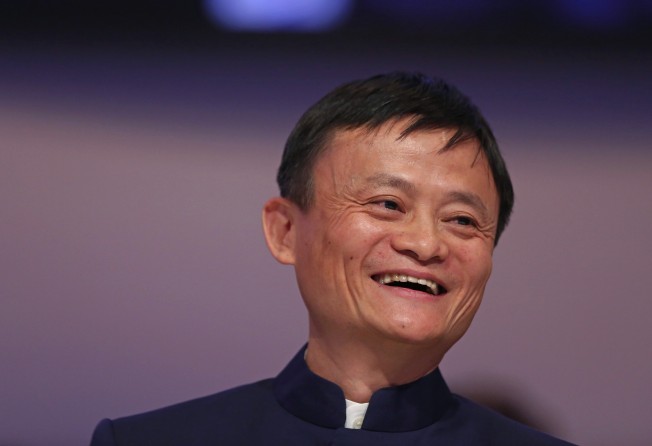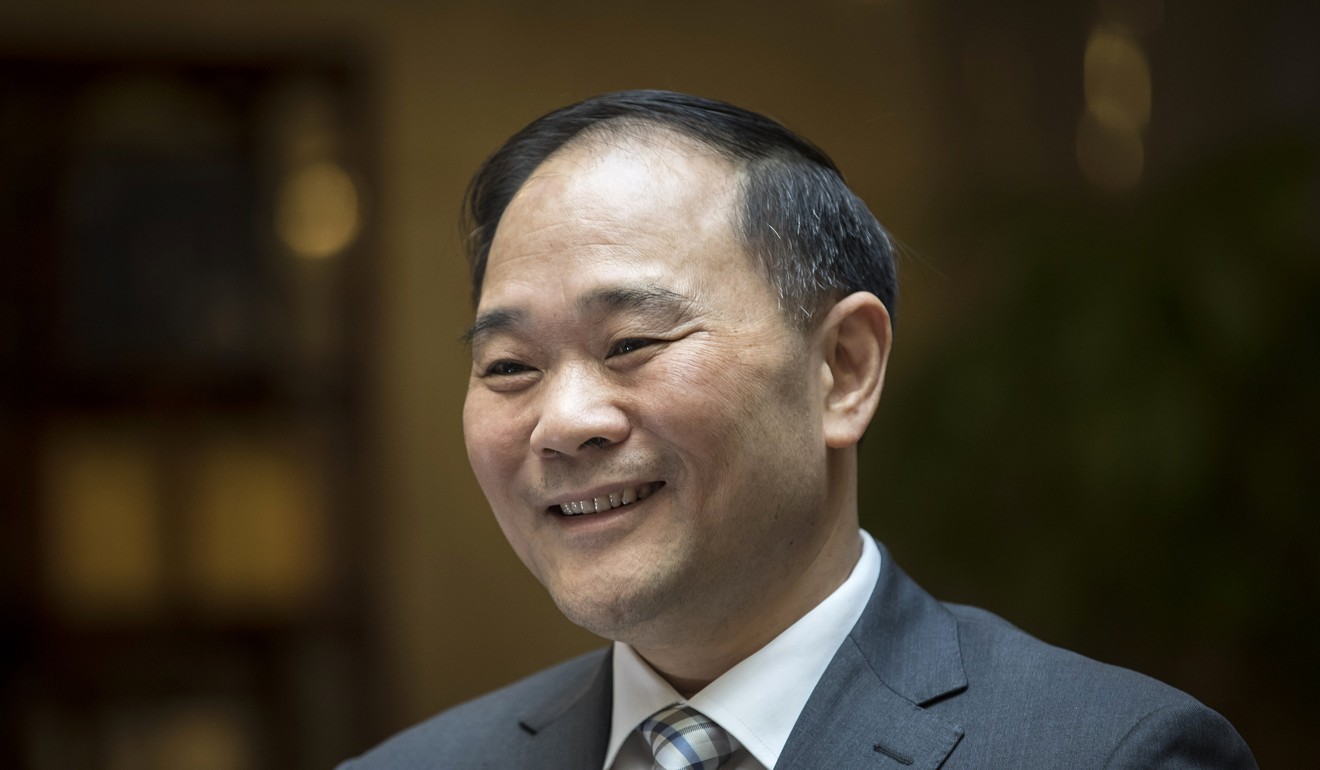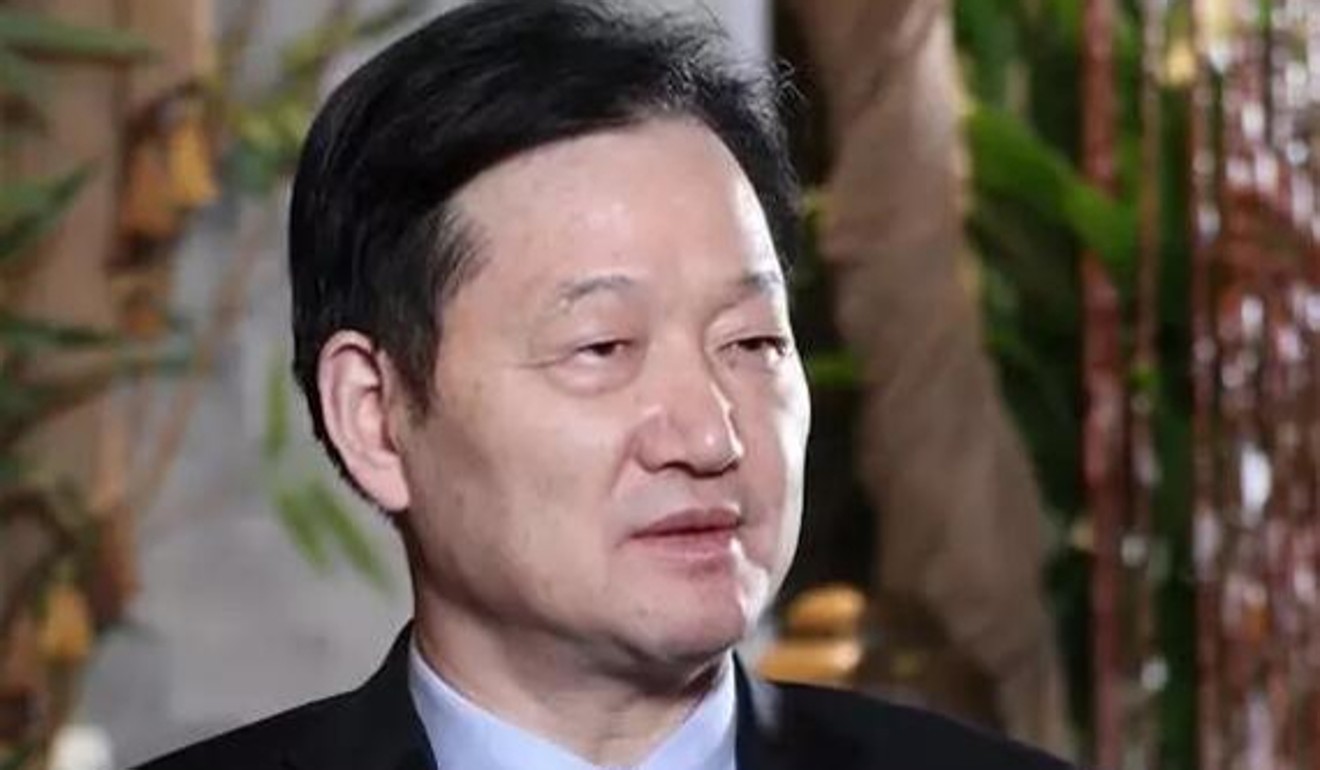China’s richest 400 tycoons shrug off economic slump to increase their combined wealth by 22 per cent to US$1.29 trillion
- Qin Yinglin, chairman of Muyuan Foodstuff, almost quadrupled his wealth to US$16.6 billion, as China’s pork crisis has sent the company’s shares through the roof
- Jack Ma, former chairman of Alibaba Group Holding, once again topped the Forbes list with a net worth of US$38.2 billion

China’s richest 400 people got a lot richer this year. The ongoing US-China trade war and the country’s slowing economic growth hardly had any effect as their combined wealth grew by nearly 22 per cent to US$1.29 trillion from US$1.06 trillion last year, according to Forbes Asia.
More than half of the tycoons on the list saw their fortunes rise this year, with those involved in consumer-focused industries racking up large gains.
The total wealth of the richest top 10 rose from US$214.7 billion in 2018, a year which saw significant declines in net worth, to US$246 billion this year.
The threshold for making the top 400 was US$1 billion, up from US$840 million last year.
Topping the list once again was Jack Ma, former chairman of Alibaba Group Holding, whose net worth climbed to US$38.2 billion from US$34.6 billion last year, as New York-listed Alibaba gained on China’s continuing e-commerce boom. Alibaba owns the South China Morning Post.
Pony Ma Huateng, founder of Alibaba’s top internet rival Tencent Holdings, came in at No. 2 with US$36 billion.
E-commerce continues to drive the fortunes of China’s richest.
Colin Huang, chief executive of Pinduoduo, saw his net worth rise to US$21.2 billion this year from US$11.25 billion last year as its share price has risen in the past year from US$18 per share to over US$43. This is despite China’s third largest e-commerce company continuing to generate losses.
Tycoons whose companies provide services related to e-commerce, such as Lai Meisong, chief executive of Alibaba-backed express delivery firm ZTO, also did well. Lai’s net worth grew more than US$1.2 billion to US$4.6 billion.
Anta Sports, a shoe company based in Jinjiang, China’s shoe capital, has minted four billionaires alone. Founders and brothers Ding Shizhong and Ding Shijia, were ranked 53 and 56, respectively, as the share price of Hong Kong listed Anta has more than doubled since last year, yielding them fortunes of US$5.6 billion and US$5.5 billion. Two Anta executives, chief financial officer Lai Shixian, a Ding brother-in-law, and Wang Wenmo, a cousin, also made the billionaire list.
David Wang, head of China economics for Credit Suisse, noted that an increasing number of billionaires were from the consumer services sector.
“China’s economy is transitioning towards a consumption-driven economy, specifically towards service consumption. Hence, any company that can enhance consumer experience would enjoy a comparative advantage,” Wang said.

China’s stalled car market, the world’s largest, hit the personal wealth of Geely Group chairman and owner of Volvo, Li Shufu. His net worth dropped from US$14.2 billion to US$12.9 billion, taking him out of the top 10.
China’s pork crisis, brought on by African Swine Fever, which has decimated the world’s largest pig population and driven up the prices of the meat in the world’s largest consuming nation, has been good for Qin Yinglin.

The chairman of Muyuan Foodstuff, which trades in pigs, has seen his net worth climb from US$4.2 billion in March to US$16.6 billion in October, thanks to the meteoric rise of Muyuan shares. Since the start of 2019, Muyuan’s Shanghai-listed shares have more than tripled to 96 yuan, from 29 yuan.